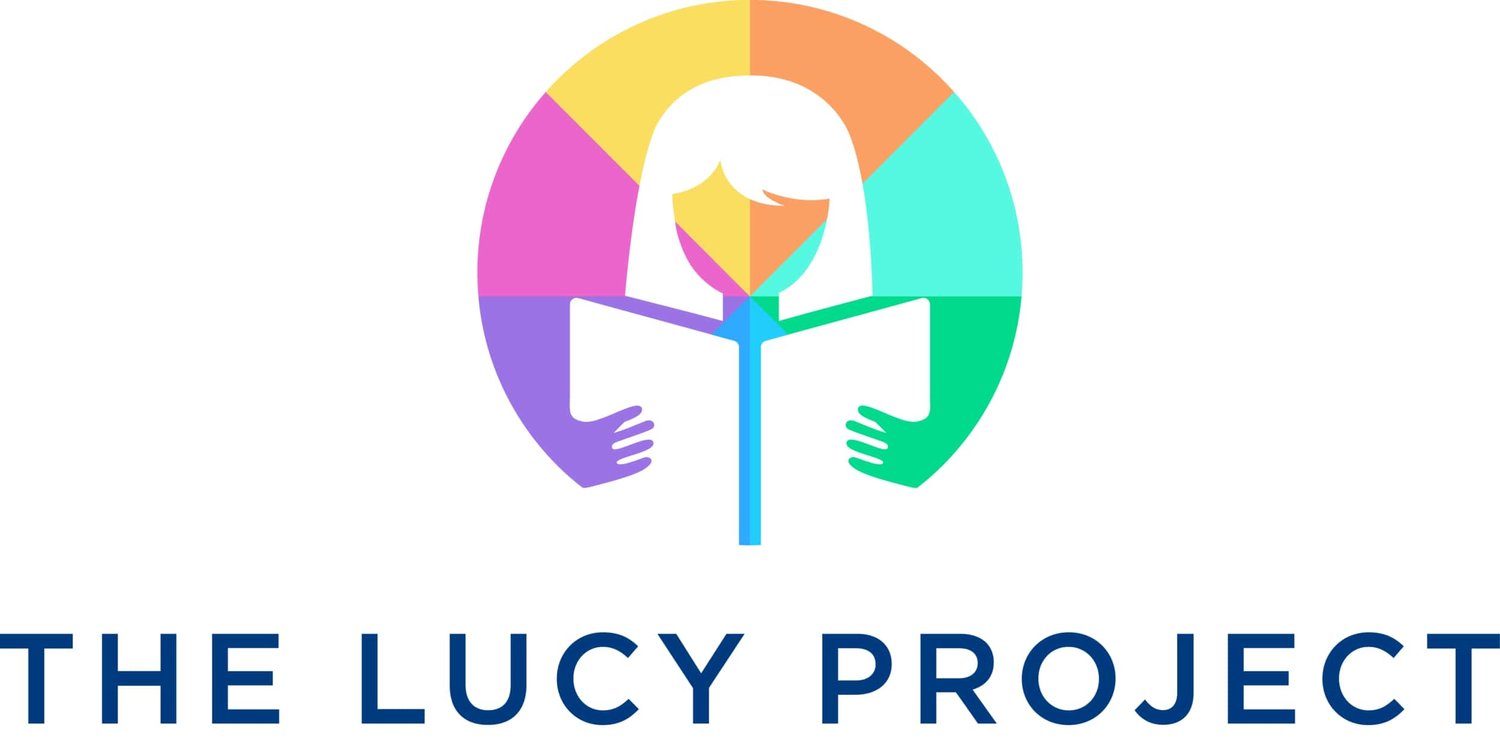The Lucy Project invites you to nominate your literacy heroes who have made a remarkable impact in the world of reading and education, celebrating those who illuminate the path to literacy for all. Below are the Literacy Key Award categories and their respective scoring criteria.
To submit your nomination, please click the button below.
Honors a champion in advocating for the Science of Reading principles, highlighting their role in unlocking literacy through evidence-based practices.
Recognizes a legislator's impactful work in literacy, emphasizing their crucial role in enacting policies or legislation that support reading education and literacy development.
Celebrates a legislator or advocate's dedication to dyslexia support and awareness, recognizing their efforts in unlocking resources and understanding for individuals with dyslexia.
Objective: To honor an individual or organization that has significantly advanced the understanding, acceptance, and implementation of the Science of Reading (SoR) principles.
Innovation in SoR Practices (25 Points): Demonstrates groundbreaking approaches or techniques in applying SoR principles within educational settings.
Impact on Literacy Outcomes (25 Points): Evidence of measurable improvement in literacy rates or reading proficiency as a direct result of the nominee's work.
Advocacy and Outreach (20 Points): Efforts to promote SoR principles among educators, policymakers, and the public through workshops, publications, or advocacy.
Sustainability and Scalability (15 Points): Initiatives have a lasting impact and the potential to be scaled or replicated in other contexts or regions.
Community Collaboration (15 Points): Engages with a broad range of stakeholders, including schools, families, and communities, to support literacy development.
Objective: To recognize a legislator who has championed literacy through policy-making, funding, or advocacy, significantly impacting literacy education.
Legislative Initiatives (30 Points): Involvement in or sponsorship of legislation that directly supports literacy education and initiatives.
Policy Impact (25 Points): Demonstrable impact of policies or legislation on improving literacy education, access, or outcomes.
Advocacy and Mobilization (20 Points): Active engagement in literacy advocacy, rallying support among fellow legislators and the public.
Partnership and Collaboration (15 Points): Collaboration with educational organizations, schools, and other stakeholders to support literacy.
Innovation and Vision (10 Points): Introduction of innovative ideas or approaches within the legislative process to advance literacy.
Objective: To celebrate an individual or organization's exceptional advocacy efforts for dyslexia, including awareness, support, and resources for individuals with dyslexia.
Awareness and Education (25 Points): Initiatives or campaigns that significantly raise awareness of dyslexia and its challenges among the public and educators.
Support and Resources (25 Points): Development or provision of support services, resources, or programs for individuals with dyslexia and their families.
Policy and Legislation Advocacy (20 Points): Efforts to influence policy or legislation to better support dyslexia education and rights.
Community Engagement (15 Points): Building a supportive community through events, support groups, or online platforms for individuals affected by dyslexia.
Research and Knowledge Dissemination (15 Points): Contribution to or support of research on dyslexia and dissemination of findings to educate and inform practices.
For each award, nominees will be graded against these criteria using a scoring rubric to ensure a fair and comprehensive evaluation process. This approach allows for recognizing and celebrating contributions across different aspects of literacy and dyslexia advocacy.







